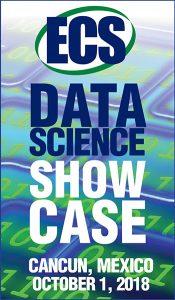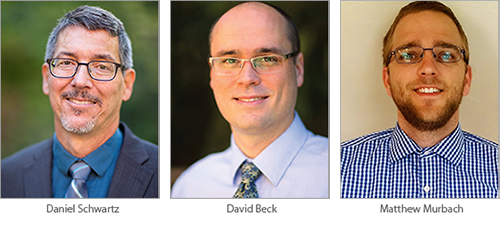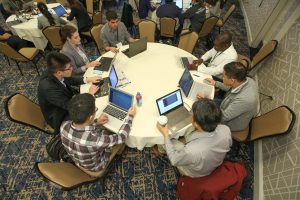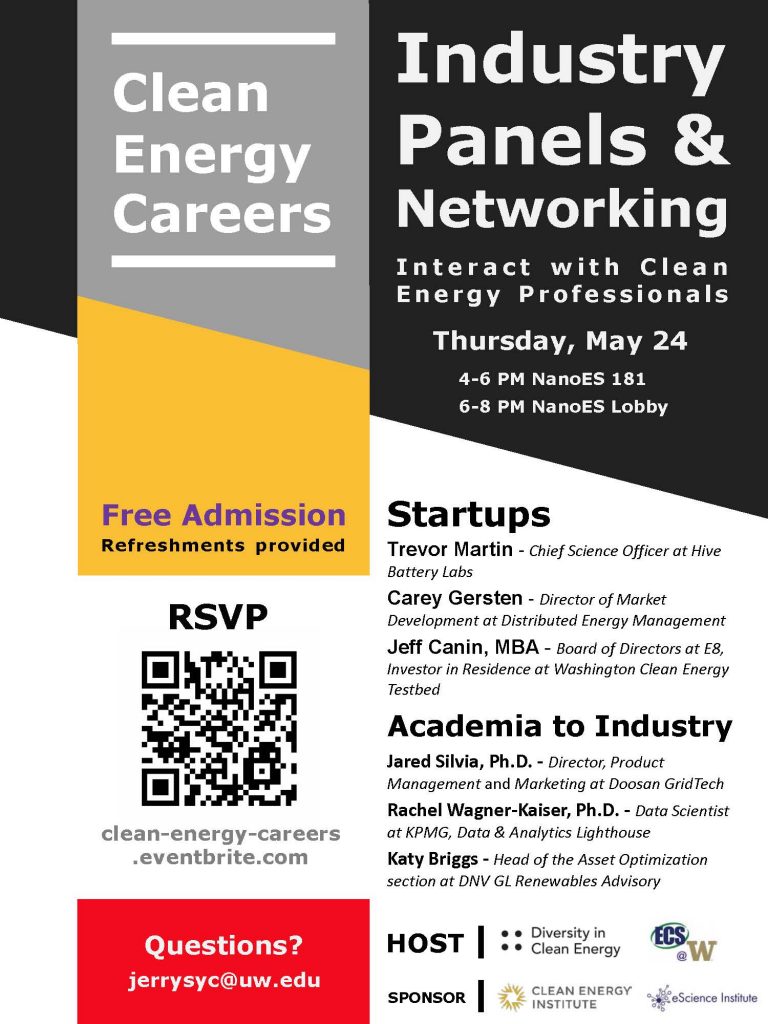DICE (Diversity in Clean Energy) and
ECS@UW (Electrochemical Society @ UW) are hosting the annual
Industry Panels and Networking Event this
Thursday (5/24) at Institute for Nano-engineered Systems (NanoES) Building.
Schedule:
Industry Panel: 4-6 pm at NanoES 181
Networking Session: 6-8 pm at NanoES Lobby
Panels:
Panel 1 Start-ups
Start-ups What does it take to start a company? Local start-up executives and venture capitalists share their unique experiences starting and cultivating new cleantech companies.
Panel 2 Moving From Academia To Industry
These scientists have successfully moved to industry. Come hear how their degrees did (or didn’t) prepare them for their jobs and what they wish they had known.
Panel 1: Start-ups
Trevor Martin
Chief Science Officer at Hive Battery Labs
Seven years of experience developing new materials, methods, and devices within the clean energy field. Developed new solar energy, energy storage, and solar fuel technologies. Proven record of scientific impact and technological innovation. Skillset spans a wide range; from the small scale of molecular engineering and chemical analysis to materials synthesis and characterization, and finally to complete device fabrication and testing. Expert in a range of microscopy and spectroscopy techniques for materials analysis. Experience with programming for data science and simulations.
Carey Gersten
Director of Market Development at Distributed Energy Management
Carey Gersten has 30-plus years of business, community and non-profit experience in various leadership roles including developing markets, improving operations and guiding strategic initiatives. He has a particular interest aligning efficient information management with organizational goals to foster better decision-making. Carey has deployed geographic and product information systems for large enterprises and currently helps companies maximize the productive use of their utility energy for better performance. Additionally, he has been a sea kayak guidebook author, a National Outdoor Leadership Educator and is currently active with National Ski Patrol and the Cascade Bicycle Club. He holds a BA from Colgate University, MBA from Boston University, and is a certified Sustainable Building Advisor.
Jeff Canin, MBA
Investor in Residence at Washington Clean Energy Testbed
Jeff has a long career in financial services and venture capital. His current efforts are focused on providing advisory services to early-stage companies and university technology commercialization spinouts. He is a member of the Board of Directors at E8, a cleantech-oriented angel investment group, and a co-manager of E8’s venture fund. Jeff has served as an Entrepreneur-in-Residence at the University of Washington, Washington State University, and Oregon State University. Jeff was a general partner of Efund LLC, a venture capital fund focused on early-stage software and telecom investments, and previously worked for US Venture Partners, one of the largest California-based venture capital firms. Before moving to Seattle in 1995, Mr. Canin was a Senior Technology Analyst with Salomon Brothers, Inc. and Hambrecht & Quist. Previously, he served as a Marketing Representative with IBM’s National Accounts Division. Jeff Canin has an MBA in Marketing and International Business from the University of California at Berkeley, CA and a Bachelors Degree in Engineering and Economics from Brown University.
Panel 2: Moving From Academia to Industry
Jared Silvia, Ph.D.
Director, Product Management and Marketing at Doosan GridTech
Jared has dedicated his career to developing solutions to the most challenging problems in the energy sector by combining a strong technical background, experience solving formidable business impasses, and a pragmatic perspective on how to drive change. Charged with identifying new product segments and bringing our software solutions to market, he brings an inquisitive mind to all facets of his role stemming from his years as a senior consultant at McKinsey & Company and his earlier training as a research scientist at two of the world’s most renowned scientific institutions. He holds a Ph.D. in Inorganic Chemistry from MIT, a MPhil in Chemistry from the University of Cambridge, and a B.S. in Chemistry and Biochemistry from the University of Washington.
Rachel Wagner-Kaiser, Ph.D.
Data Scientist at KPMG, Data & Analytics Lighthouse
Rachel Wagner-Kaiser received her Ph.D. in Astronomy and Astrophysics in 2016 from the University of Florida, where she focused on using Bayesian analysis to characterize galactic globular cluster attributes. She worked at Insight Data Science, where she designed Crash Catcher, a machine learning algorithm that classifies dash cam footage containing an accident with over 80% accuracy. Rachel started working as a Data Scientist at KPMG in November of 2017.
Katy Briggs
Head of the Asset Optimization section at DNV GL Renewables Advisory
Katy Briggs has over 13 years of engineering experience, including 10 years working in the wind energy industry at DNV GL. She leads a team of engineers focused on wind energy performance analysis, availability, and wind turbine reliability. She is also involved in operations and maintenance cost modeling, cost benchmarking, and O&M strategy assessment. She has a Master’s degree in Physics from UW and a BS degree in Physics from Pacific Lutheran University.
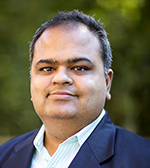 Venkat R. Subramanian received his Bachelor of Technology degree in chemical and electrochemical engineering from the Central Electrochemical Research Institute, Karaikudi, India, in 1997 and his PhD degree in chemical engineering from the University of South Carolina, Columbia, SC in 2001. He is currently a Washington Research Foundation Innovation Professor of Chemical Engineering & Clean Energy and an adjunct professor of Electrical Engineering, at the University of Washington, Seattle. He holds a joint appointment at Pacific Northwest National Laboratory as a Chief Scientist.
Venkat R. Subramanian received his Bachelor of Technology degree in chemical and electrochemical engineering from the Central Electrochemical Research Institute, Karaikudi, India, in 1997 and his PhD degree in chemical engineering from the University of South Carolina, Columbia, SC in 2001. He is currently a Washington Research Foundation Innovation Professor of Chemical Engineering & Clean Energy and an adjunct professor of Electrical Engineering, at the University of Washington, Seattle. He holds a joint appointment at Pacific Northwest National Laboratory as a Chief Scientist.